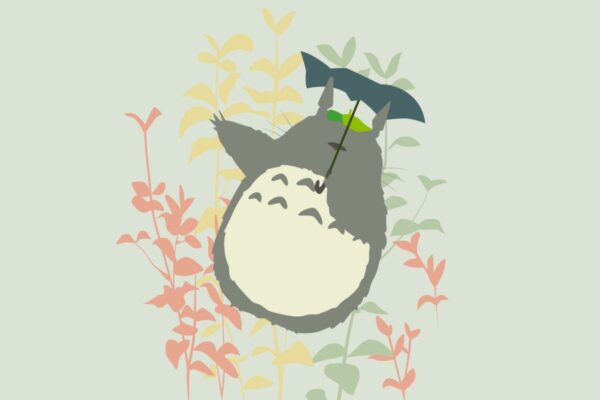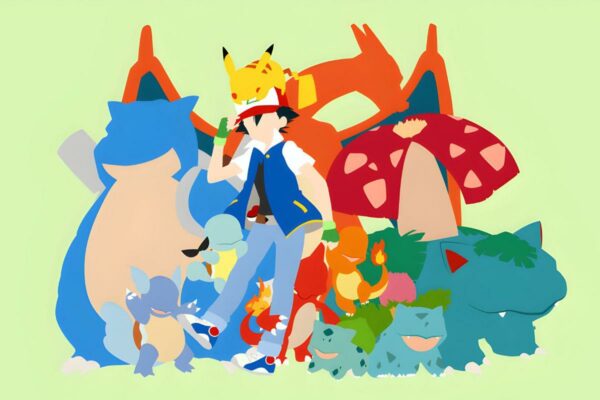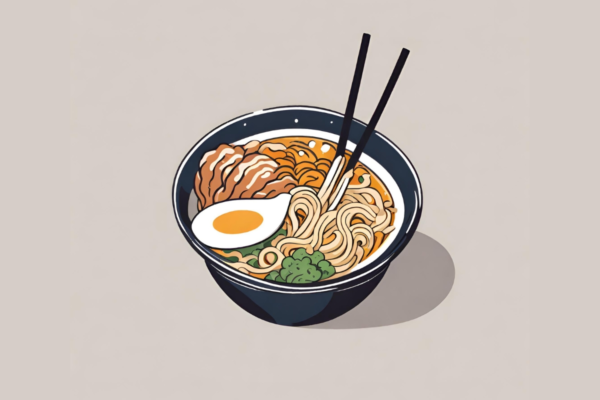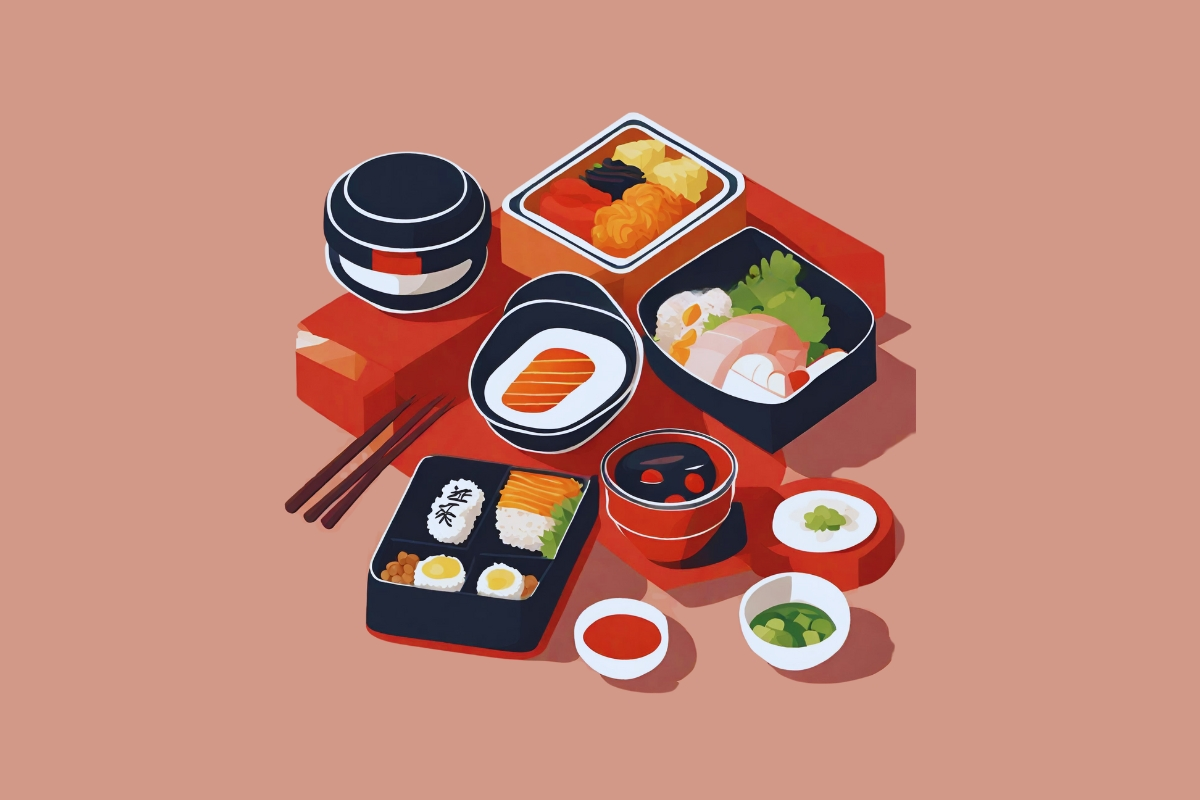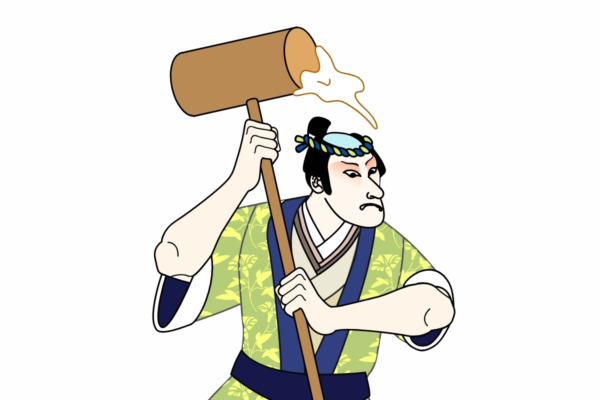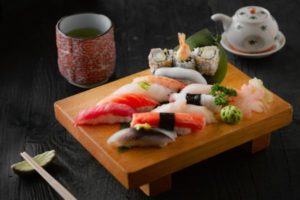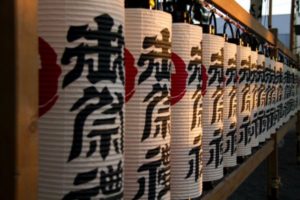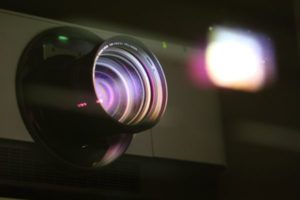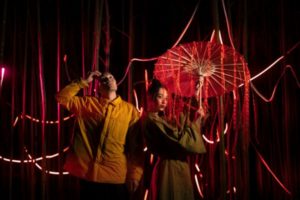We’re big fans of Japanese music, as you may have noticed. At Nakama, we’ve promoted Japanese Ongaku Yoru in London and always swap tracks with each other on new finds from contemporary and past artists. One genre of Japanese music that has always spoken to me is Enka.
Enka is music from Japan that was created between the ’50s and ’70s. It is usually related to love or drinking and follows a sad theme. It’s not a very popular genre of music among the younger generation in Japan. Still, some aspects make it accessible in foreign countries due to its representation in popular movies like Kill Bill or Anime series. People also find it relaxing, and it is often compared with Soul Music.
Below you will find 10 Enka songs that I like. They are listed in no particular order because they are all great in their unique way.
- Jero – Umi Yuki
- Maekawa Kiyoshi – Nagasaki wa Kyou mo Ame datta
- Meiko Kaji – Shura No Hana
- Takako Yanagida Lordly – Akatombo
- Kyu Sakamoto – Ue o Muite Arukou
- Akira Fuse – Iroha ni Konpeitou
- Kitajima Saburo – Yosaku
- Junichi Sato – Tsubasa wo Kudasai
- Kiyoshi Maekawa – Tokubetsu no hito
- Eigo Kawashima – Sake to Namida to Otoko to Onna
Jero – Umi Yuki
Starting with Jero, an African American with a Japanese grandmother. He merged Rap style dancing with Enka and became very popular in Japan amongst older women. He has since made his mark singing with some of the best Enka singers and has produced many worthy songs. His debut song was Umi Yuki:
Maekawa Kiyoshi – Nagasaki Wa Kyou Mo Ame Datta
The lyrics of Nagasaki Wa Kyou Mo Ame Datta, which depict the narrative of a man far from home and misses the rainy city of Nagasaki, are a big part of why the song is regarded as a classic enka song. The song’s melody reflects the man’s passion and loneliness, while the words paint a vivid picture of the city and its inhabitants.
There’s more to Nagasaki Wa Kyou Mo Ame Datta than its striking lyrics. The song’s sound and arrangement are also excellent. Its use of various instruments, together with the rest of the ensemble, provides traditional Japanese accompaniment for this song. This enriches the music’s tune and contributes to the sentiment of longing the words express.
Meiko Kaji – Shura No Hana
For those of you who are familiar with Kill Bill Vol.1, the fight scene at the end of O-Ren Ishii v The Bride (Cotton Mouth v Black Mamba) is followed by this track. Believe it or not, this is an Enka song.
Many people don’t know that this song was originally from a movie called Lady Snowblood with Meiko Kaji as Shura Yuki Hime; the film inspired Tarantino to create Kill Bill.
Takako Yanagida Lordly – Akatombo
Hibari Misora’s Akatombo (which translates to “Red Dragonfly”), published in 1957, is a timeless enka masterpiece. The song’s lyrics have become iconic because of its message of seizing the moment and appreciating what you have. The dynamic vocal range requirement and upbeat rhythms of “Akatombo” are two reasons it is regarded as a fantastic enka song. Because of its catchy and simple melody, this song is often performed in karaoke bars and other venues where people may show off their singing skills.
Lyrics urge listeners to enjoy the present moment and appreciate the fleeting aspect of life by drawing parallels between the red dragonfly and its short lifespan. The song’s message is enhanced by the use of colourful and lyrical words that give you that extra oomph and vibrant energy as you gleefully sing along.
Kyu Sakamoto – Ue o Muite Arukou
This song is a favourite and is a frequent number during karaoke, and it is not quite Enka or J-pop but rather a mix of both. It was popular and featured in From up on Poppy Hill, a popular Studio Ghibli movie.
Ue o Muite Aukou was one of the first songs to top America’s music charts during WW2. Of course, they changed the song’s name to Sukiyaki, a famous Japanese dish, meaning grilled meat, to help them remember it.
Akira Fuse – Iroha ni Konpeitou
The story within Akira Fuse’s Iroha ni Konpeitou has always resonated deeply with me; they describe the narrative of a guy remembering the love he once had and the times they spent together. The lyrics are rich in metaphor and imagery: the author uses visuals such as candy, sugar, rabbits, and Chinese lanterns to convey double meanings.
Aside from the deep meaning of its words, the melody of “Iroha ni Konpeitou” is particularly remarkable. The song’s musical structure is enhanced by its arrangement; the tune contributes to the sentiments of yearning and melancholy expressed in the lyrics. Because of its beautiful melody and heartfelt lyrics, it has become an all-time favourite in the genre.
Kitajima Saburo – Yosaku
This Enka song was sung by Kitajima Saburo, considered one of the best Enka singers. It is a ‘work song’ of which Japan has many. It’s another excellent karaoke song that reminds the listener of the familiarity of going to work, how the day ends, how it begins again with work calling you back, or in this song, the mountains — a very relaxing musical piece.
Junichi Sato – Tsubasa wo Kudasai
The 1974 classic composed by Junichi Sato and written by lyricist Yuho Iwasato, Tsubasa Wo Kudasai, is a famous enka song. It’s been released in many styles and arrangements and is also one of the main songs of the Evangelion series. At its heart, though, it is originally a classic enka folk song.
Again, the deeper meaning behind its powerful lyrics tells the story of a woman struggling to find happiness through bleak times. Music is meant to convey thoughts and feelings that resonate with listeners. These lyrics get people hooked and have these passages resonate further within. The lines are rich in meaning and introspection, touching on topics such as love, grief, and the pursuit of individuality.
Besides the depth of feeling conveyed by the words, the song’s melody stands out. Raw emotion lends depth and significance to the music, and the theme brilliantly reflects the feeling of desperation and desire that the words portray.
Kiyoshi Maekawa – Tokubetsu no hito
One of the first Enka songs I heard almost 15 years ago, and it began my love of Enka music. It is one of the lesser-known songs of Kiyoshi Maekawa. A song about the singer thinking of their special someone. The song details the principal person driving and thinking about this special someone, how he misses them, etc. I played it often when driving home at night, so it has a special place in my heart. You can listen to the song here:
Eigo Kawashima – Sake to Namida to Otoko to Onna
Talk about on-the-nose. We’ve already established that booze is a common theme in Enka’s songs. In Japanese, “Sake to Namide to Otoko to Onna” literally means “Sake, tears, men, and women,” all play essential roles in Enka music. However, the song’s title belies its sentimental and emotionally intense lyrics about a man resorting to alcohol and drinking alone because of his inability to express himself anywhere else.
The words of “Sake to Namida to Otoko to Onna” are powerful, but the song’s lovely and heartfelt melody really sets it apart. The genuine passion in the singing effectively conveys the feelings of loss and desire in words, giving the song more depth and significance. Overall, it’s a well-executed and emotionally potent enka song that has withstood the test of time and remains a staple in Japan’s musical canon.










